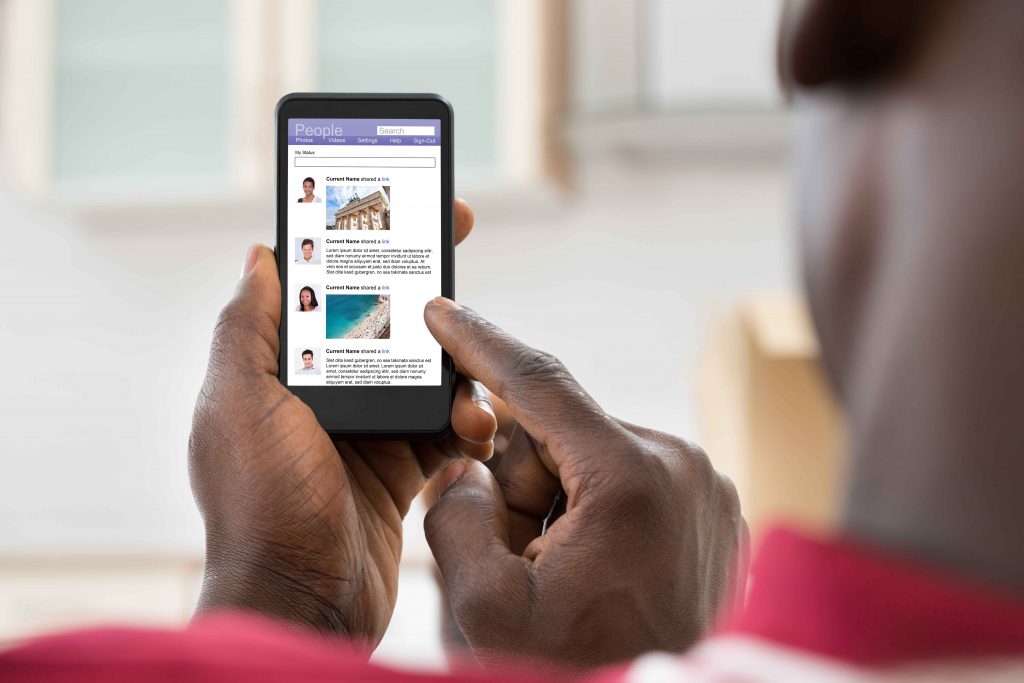FM & BD Technology Technology, Solutions and Innovations
Hello, Computer
Morning Siri. OK Google. Hi Alexa. Voice-activated artificial intelligence (AI) assistants are taking the world by storm – and South Africans are missing out.
Most smartphone users already have access to these assistants, including Google Assistant, Apple’s Siri or Samsung’s Bixby. We are familiar with the technology, but are still restricted as to how we can integrate them into our homes.
According to a survey in the US undertaken by voicebot.ai, one in five Americans now uses a “smart speaker” to interact with an AI assistant at home. With manufacturers not yet ready to launch these devices locally, South Africans aren’t able to buy and use these devices with the same ease as our US counterparts. But this doesn’t mean locals aren’t interested.
Luckily, some local resellers are importing these speakers – and tech enthusiasts are snapping them up. But there are still some hurdles to overcome.
Lost in translation
One thing preventing locals from integrating voice-activated assistants in their home is the lack of local dialect and language functionality. Even if you speak English, most assistants have trouble understanding South African accents as they have been trained using US or UK variants.
But this is set to change. Assistants are able to adapt to your voice over time and there are active initiatives aimed at bringing local languages into the fold. The Council for Scientific and Industrial Research (CSIR), via a node of the South African Centre for Digital Language Resources (SADiLaR), is addressing this issue.
“The aim of our involvement in SADiLaR is to ensure the continued growth of text and speech resources (repositories) in local languages that can be used for human language technology development,” says CSIR’s Internet of Things research group leader, Dr Louis Coetzee.
Since most smart speakers are imported, many South Africans are finding limited use for these devices. “Most urban households will get away with the English voice interface, but frustration levels build up and the voice interfaces usage remains a novelty,” he says.
While there are other ways to control these assistants, Coetzee points out that speaking is usually preferred as it comes naturally. “For smart homes, we believe that people will want to interact in as natural a way as possible – which implies that the device may need to be multilingual to [meet the] experience that users are starting to demand.”
Are they worth it?
Despite limited availability, interest in smart speakers is growing. Felix Norton, MD of web design studio Woww, says that several challenges hamper adoption of these devices. These include the lack of high-speed internet for many households and limited software support in South Africa.
Despite this, Norton, who co-founded local distributor SmartSpeakers.co.za, says that more consumers want these devices. After all, they are incredibly useful.
“It’s an exciting time with smart devices that can be integrated into our homes. Smart lights, plugs, door locks, music and streaming, and more,” he says.
Managing your household devices with simple spoken commands is a dream that has turned into a reality. They are also a powerful tool for businesses. They can be used to automate more tasks, help with customer support queries and advertise services through answers and recommendations.
The smart speaker revolution is well on its way and it’s time South Africa jumps in.






 Sign-up and receive the Business Media MAGS newsletter OR SA Mining newsletter straight to your inbox.
Sign-up and receive the Business Media MAGS newsletter OR SA Mining newsletter straight to your inbox.